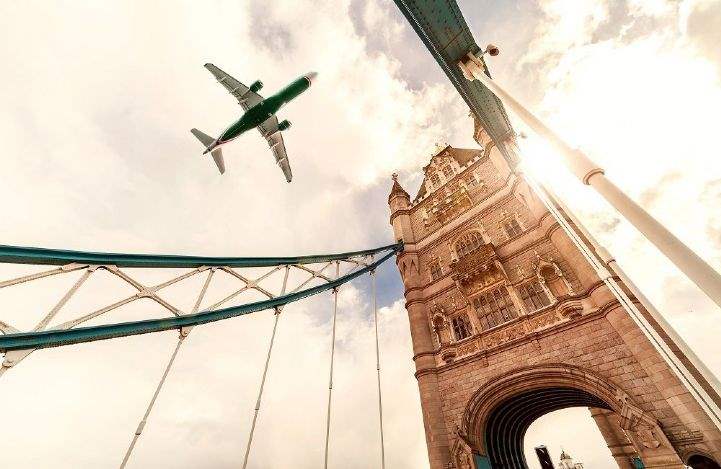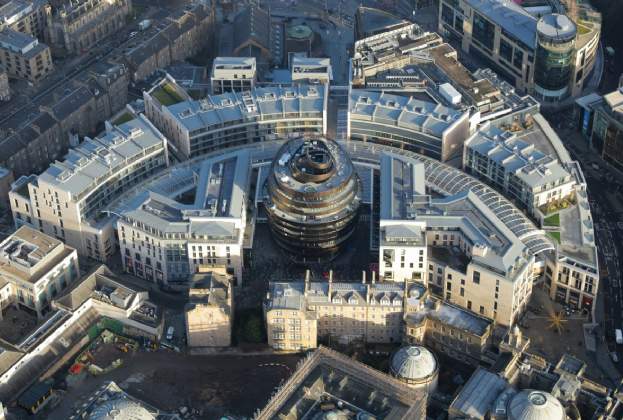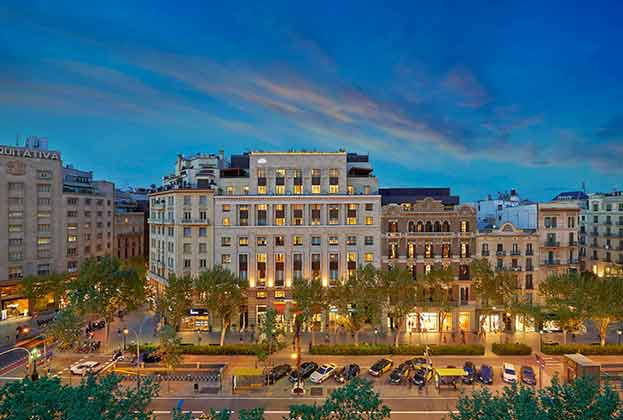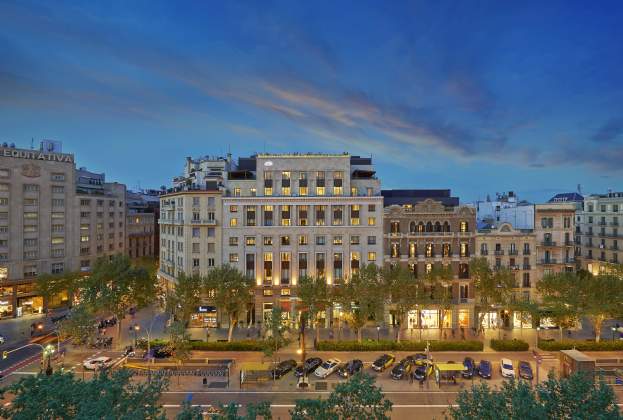The London hotel market is almost standalone when compared to the rest of the UK – the diversity of visitors to the city has led to a wealth of places to stay. This in turn has broadened the investor pool with money coming from a number of sources. So what does the landscape look like currently and what are the key themes that will affect investor decisions in the second half of the year?
So far this year £670 million has been invested in the capital's hotels. Several high profile portfolio deals have been behind these numbers, with assets such as the Hilton London Islington and Hotel Russell being sold as part of wider packages.
Overseas investors have long been a staple of the market, attracted by high profile brands and locations. Previously overseas investment was dominated by Southeast Asian and Middle Eastern capital, but there has been an increase in the origins of the money now buying London's hotels. This year we have seen an increase in Indian, Israeli and Taiwanese money as pricing remains attractive and the fundamentals of the market remain strong. Unbranded development sites such as 5 Strand have been bought as a debut investment into the UK, which reflect investors’ desire to diversify their foreign investment into the country.
In 2017 operational performance in the UK’s key tourist markets received a significant boost from the weak pound. This year’s tourist numbers are expected to remain strong with VisitBritain expecting around 40 million visitors to spend £27 billion in 2018. The outlook remains positive for the rest of the year, as the city remains a key tourist destination bolstered in part by awareness created by the recent royal wedding. High visitor numbers have positively impacted on revenue per available room (RevPAR) in London, with 2017 full year RevPAR up 4.4 per cent.
It’s worth noting that the city has benefited from new supply, predominately at the budget end of the spectrum. These hotels are targeted at the domestic business traveller and responding to the democratisation of overseas travel by low cost long haul carriers. The impact this will have is yet to be proven, however there has been a slight softening on occupational levels and averaging down of the city average daily rate.
At the top end of the market there isn’t much liquidity with many of the most prestigious assets being owned by high net worth individuals or sovereign wealth funds. At the next tier down, on four star assets, the landscape is different with a weight of capital from funds, private equity and other traditional money sources.
Further information



.jpg)
.jpg)





